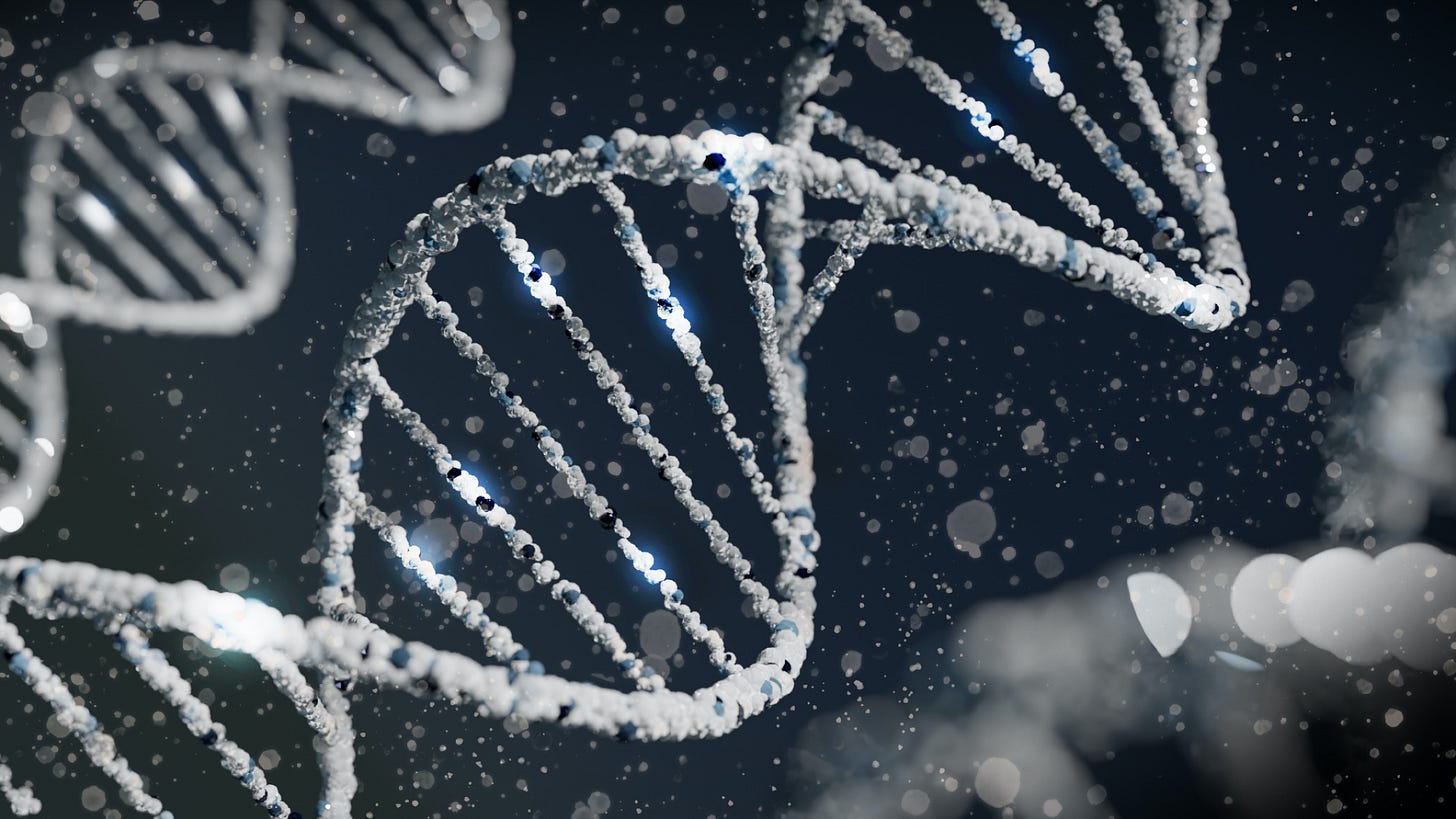Review of AS GODS
The ethics of genetic technology
Since the structure of DNA was solved in 1953, genetic technology has rapidly evolved. The scientific progress in the genetic area has not gone unnoticed by the public. Rather, genetic technology has been a source of public debate and ethical quandaries, with scientists working collectively to self-regulate the powerful technology they are producing.
This history isn’t a long one either, relatively speaking. Ethical controversies about genetic technology have only been occurring for about 60 years – a blink of time in the scientific landscape. But there is still much to discuss. And in his latest, As Gods: A Moral History of the Genetic Age, Matthew Cobb delivers a summative and authoritative read on what has been happening with genetic technology since the mid-twentieth century.
As Gods follows the major technological developments since the 1950s, beginning with recombinant DNA technology (i.e., the inserting of genes from one organism to another), which prompted great public fear that the technology would create ‘Frankenstein’ organisms. This technology was historic for gentics ethics as well. The technology was the subject of the first attempt by scientists to develop safety and ethics guidelines for using the technology at the infamous Asilomar conference in 1975.
Quickly, however, it was accepted that recombinant DNA technology was safe. And by the end of the decade, it was realized that great money could be made and we saw the launch of Genentech – now a multi-billion-dollar company. The 1980s then saw the debates surrounding whether scientists and companies should be able to patent life that was created with these technologies.
As the 1990s came into view, we begin seeing some of the controversies that still permeate culture today: genetically modified food technology, genetic therapies for diseases, CRISPR gene editing technology (specifically in humans), and the potential application of gene drive technology. Cobb also discusses bioweapons as the darker side of gene technology.
As Gods is a phenomenal book covering all major milestones of gene technology since the mid twentieth century. Aside from the bioweapons discussion, I’ve previously read bits of all the other aspects of this history across various science biographies and genetics books, but it was delightful to have a single comprehensive history of this topic.
What surprised me most about Cobb’s book was the relative pessimism over the promises and current state of genetic therapies. In other books, such as those by Siddhartha Mukherjee for example, the potential of this tech to cure disease and promote health fares much more positively. It’s always nice to get different views since new tech is usually met with overwhelming optimism for progress.
Overall, Cobb’s As Gods was great as expected. A must read for those with interests in genetics and ethics of new technology.
Published: November 2022
Publisher: Basic Books
Format: Hardcover
If you think this sounds interesting, bookmark these other great reads:
The Genesis Machine: Our Quest to Rewrite Life in the Age of Synthetic Biology by Amy Webb and Andrew Hessel (2022) READ MY REVIEW
The Code Breaker: Jennifer Doudna, Gene Editing, and the Future of the Human Race by Walter Isaacson (2021)
CRISPR People: The Science and Ethics of Editing Humans by Henry Greely (2021)
This post contains affiliate links, allowing me to earn a small commission when you purchase books from the link provided. There is no cost to you, and this will allow me to keep this newsletter free and open to all. Happy reading!




